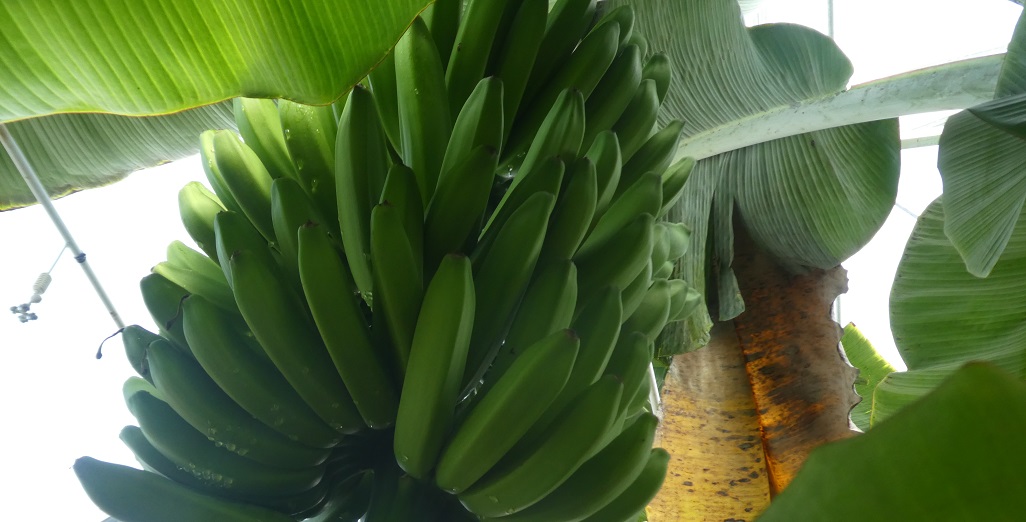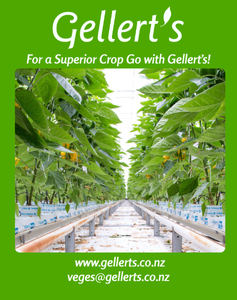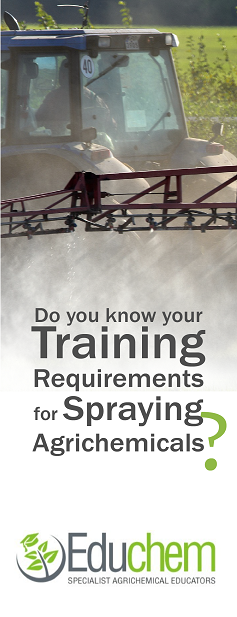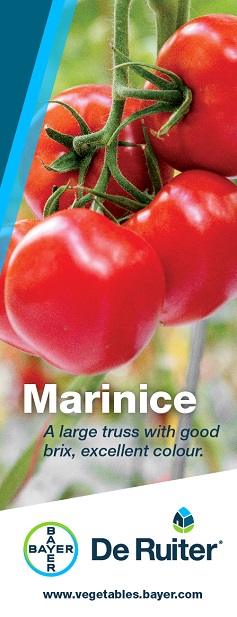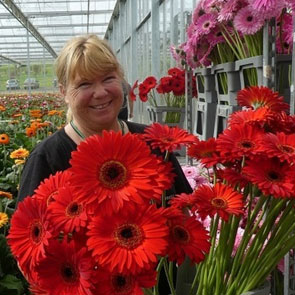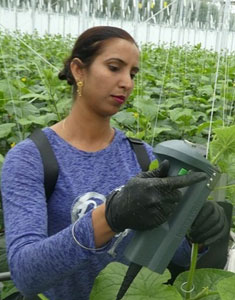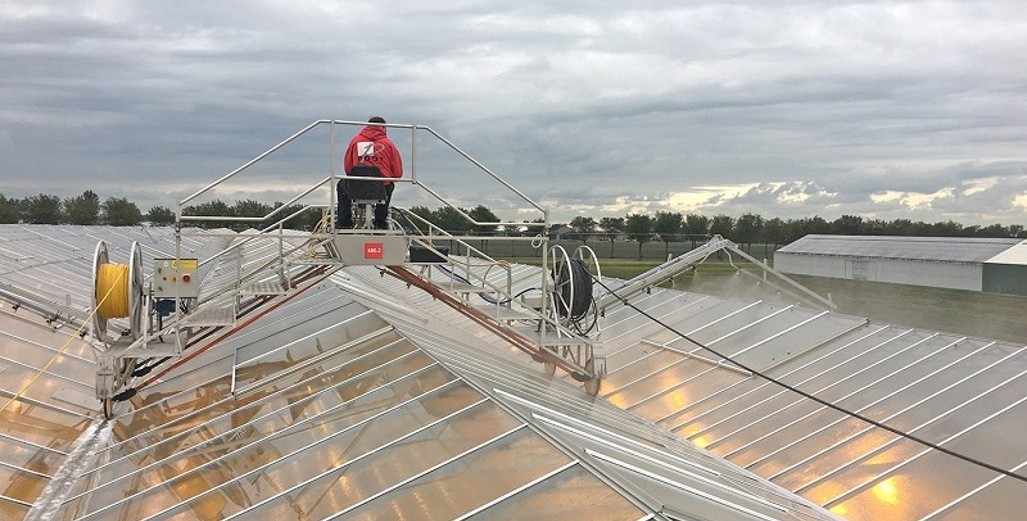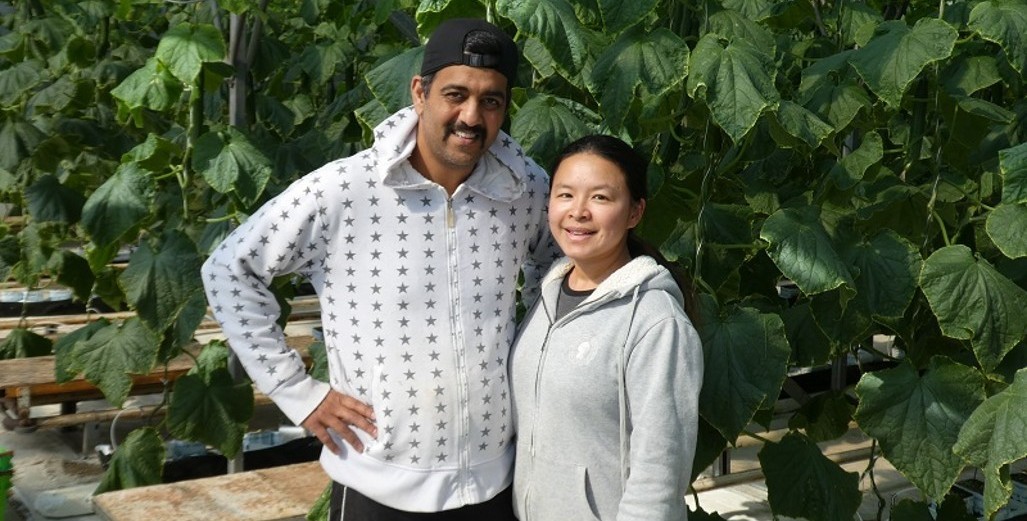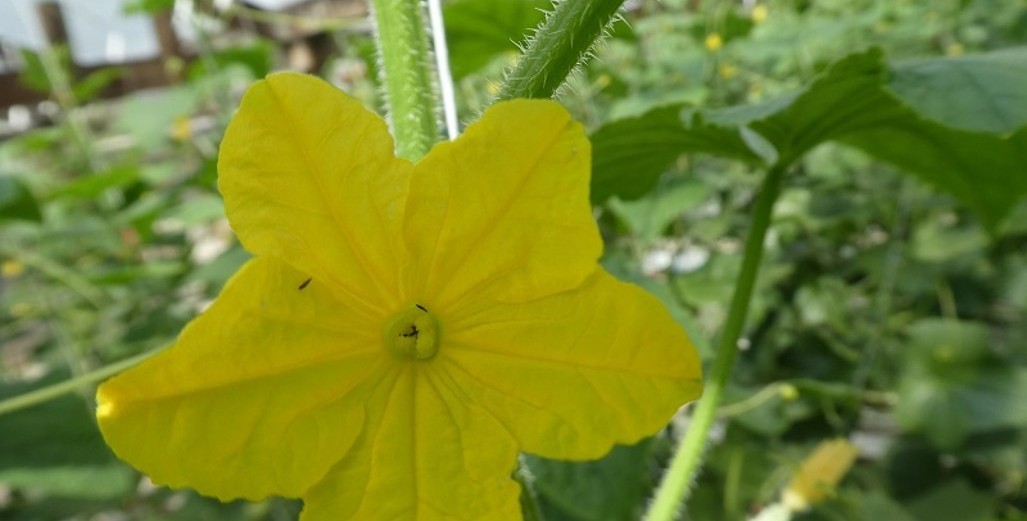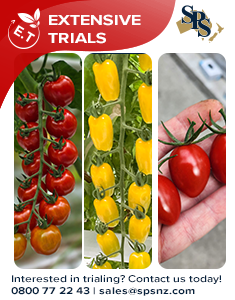Sign up here to subscribe to the Grower2grower Ezine. Every two weeks you will receive new articles, specific to the protected cropping industry, informing you of industry news and events straight to your inbox.
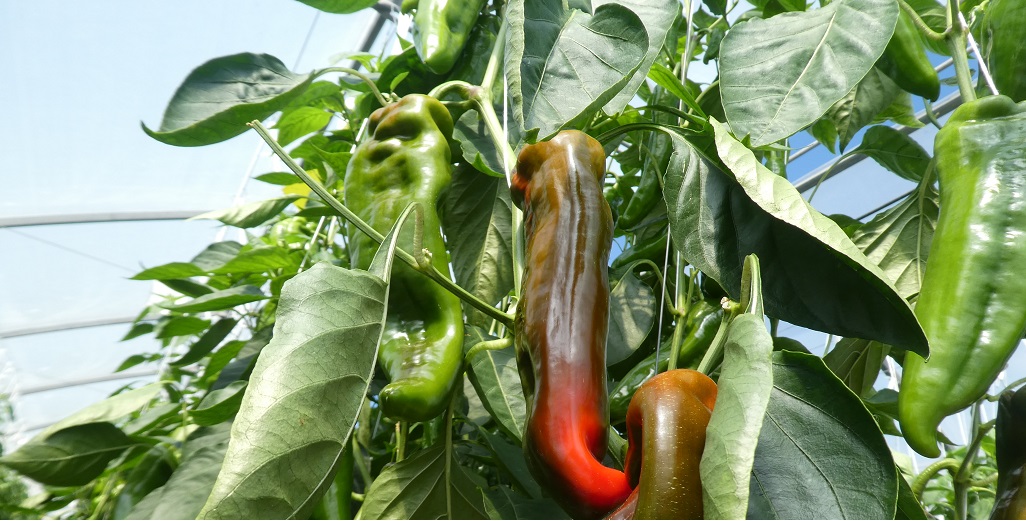
Why it is important to keep trialling new varieties?
Last week a seed representative raised the point that growers are less willing to trial new varieties or cultivars now compared to the last few years. Growers are busy, short staffed, over worked so are sticking to what they know. It is understandable, but not trialing new varieties or products may cost businesses in the long term.
When I first started growing greenhouse tomatoes, I was encouraged to trial new varieties – I ignored that advice for seven years, which ended up costing us financially at the time. I was too worried about the unknown. I was growing, at the time an excellent variety; it was a 55-65 large round that produced a very respectable kg/m2. It was superb for the first five years but then I started receiving comments about firmness and shelf life, specifically in January and February. The last year I grew this variety I also had issues with whitefly and my IPM programme was failing. I was too late swapping out the IPM for conventional chemical control. This cost us a large amount of production. In hindsight this experience reduced further mistakes.
I knew growing the same variety for another year was risky but as I had not tried any new varieties, I was reluctant to change. I was finally persuaded, by my consultant to try three new types of large loose rounds. One variety I planted only fifteen plants, it had beautiful firm fruits, especially in the summer, it produced higher KG compared to my previous seasons. I was meticulous in weighing every fruit picked from this variety and the others I was trialling. Based on fifteen plants I then planted this as my new primary variety the following season. This proved a good decision. The variety was the main stay for the next 6-7 years and produced extremely good numbers, which helped establish our successful business. I was the first to grow this variety commercially, but it wasn’t long before larger companies planted this variety on mass. I have my consultant to thank for this.
Even though I had a great variety from that point on I always trialled new varieties. I had learnt my lesson regarding the necessity of continuing to evolve and move with the times.
Highlighting this may seem trivial but with all the issues we face with new (old but new to NZ) plant viruses, which keep evolving, it is important to keep up with current advances in varieties to protect our industry. Fungal pressure and resistances are also significant issues to consider.
For growers of all different cultivars from vegetables to flowers, if you trial, even if it is only a handful of plants, you will be able to compare differences, advantages, or disadvantages. I say it all the time we are, and continue to be, research stations
Keep talking to your seed representatives – it may save you a great deal of unwanted issues in the future.

Article written and compiled by Stefan Vogrincic
All Article’s checked and edited by Marie Vogrincic
I appreciate your comments. Please feel free to comment on the grower2grower Facebook page:
CLASSIFIED
Photo
Gallery
Subscribe to our E-Zine
More
From This Category
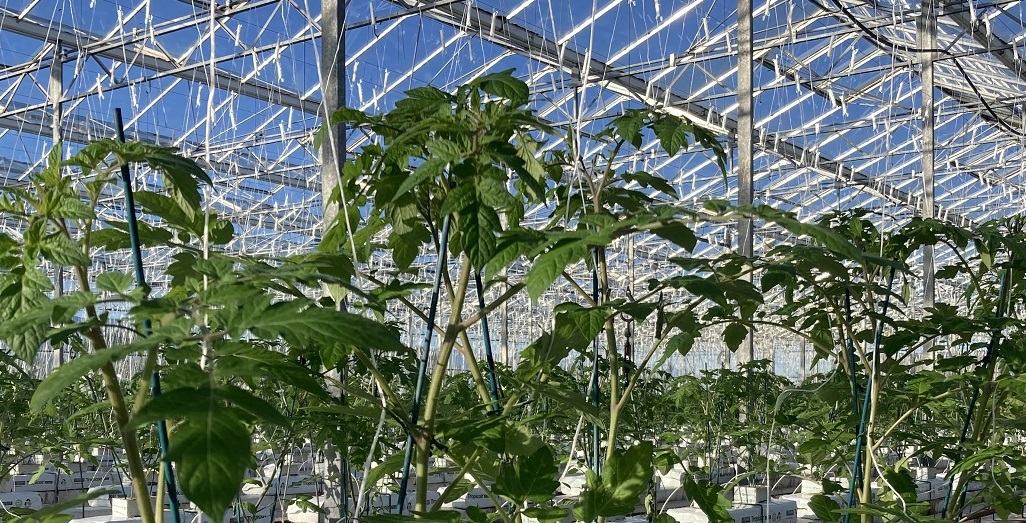
Views sought on streamlining treated seed rules
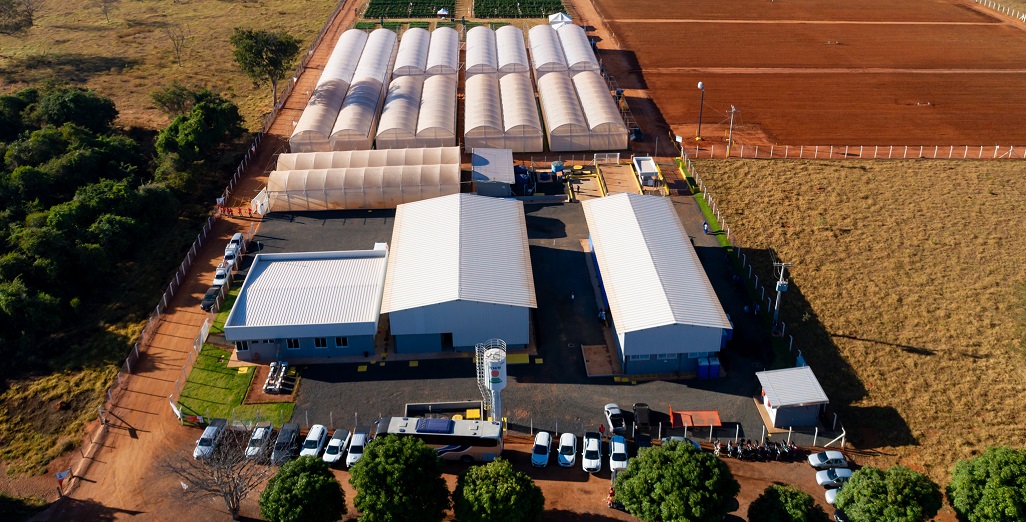
KWS inaugurates new R&D facility in Uberlândia, Brazil
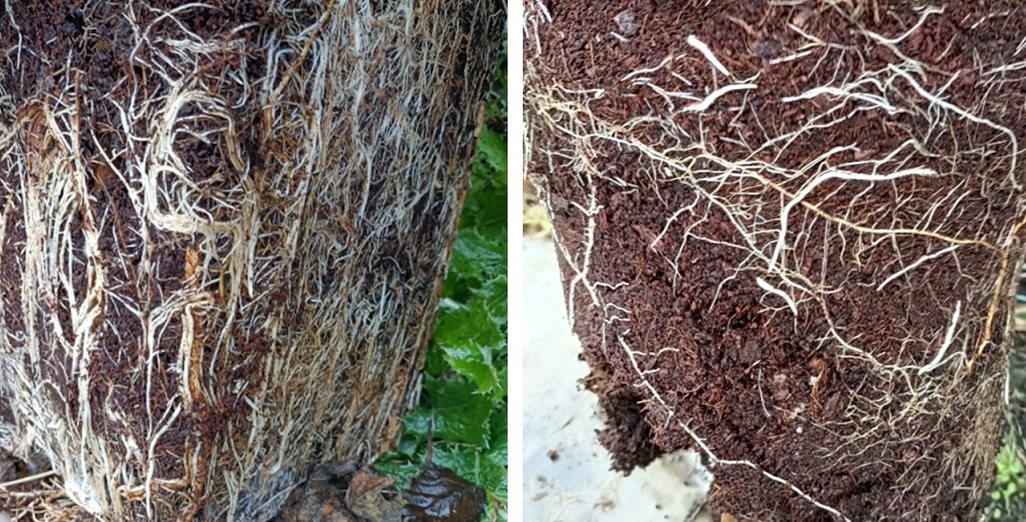
Synergy – protect plants from various soil-borne pathogens.
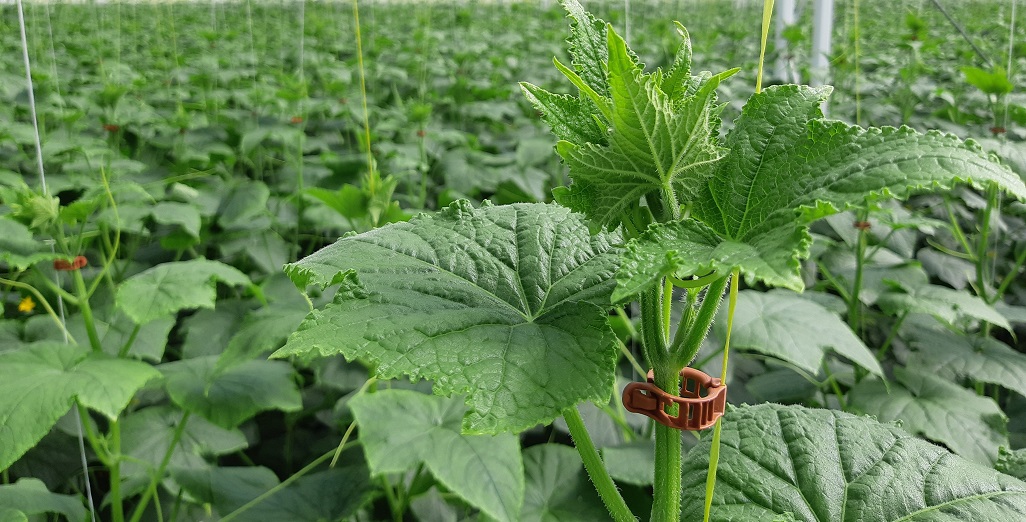
UPtrace is a new variety in NZ for Hi-Tech Production.
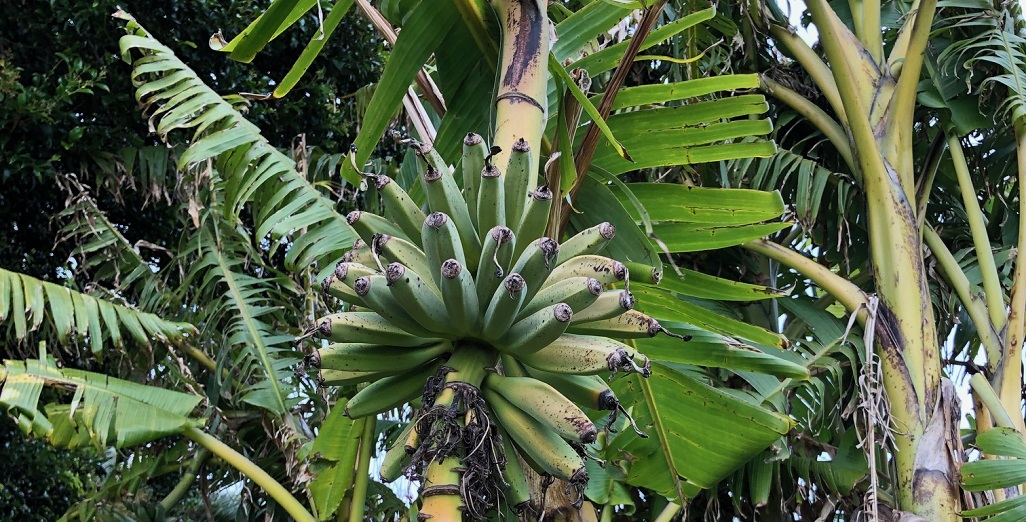
From Northland to Whakatane – I keep seeing more and more home gardens with banana crops.
